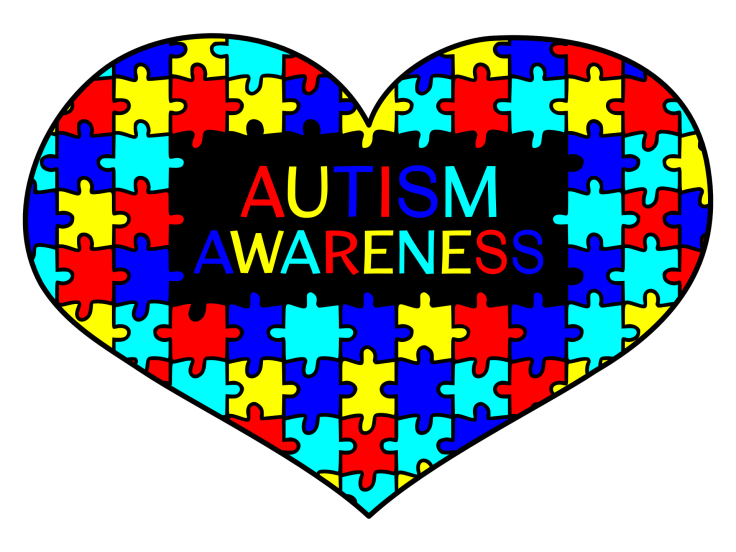Exposure To Solvents In Pregnancy Can Increase Risk Of Autism In Kids, Study Says

Exposure to solvents during pregnancy is likely to increase the risk of autism in children, according to a study. The study stated that women who get exposed to solvents at the workplace are at risk of having kids with autism.
The research that was published in the BMJ Journal last month stated that 16 chemical agents are linked to congenital and neurological abnormalities in children. Some of these agents are metals, medicines, pesticides, asphalt, anesthetics, brake fluid, radiation, polymers and plastics, disinfectants or cleaners as well as solvents, like degreasers and paint chemicals.
Nearly one in every 59 kids has been identified with autism spectrum disorder (ASD), reported Autism and Developmental Disabilities Monitoring (ADDM) Network of Centers for Disease Control and Prevention (CDC). The agency also reported that ASD occurs in all ethnic, racial and socioeconomic groups.
For the study, the researchers collected data on work histories of 891 male parents and 750 female parents. Then, they tried to figure out the intensity and frequency of any occupational exposure for these agents before and during pregnancy.
At the end of the study, the researchers found that women who were exposed to any kind of solvents during pregnancy were 50 percent more likely to give birth to a child with autism than those who were not exposed to solvents.
The study researchers also found that greater exposure increased autism risk in children. According to them, women who were exposed to more solvents during pregnancy had 85 percent higher chances of having kids with autism.
“If you are pregnant, or planning to become pregnant, talk to your employer to find out what solvents are used in your workplace,” lead researcher Erin McCanlies told Reuters.
“If the solvents you work with might be hazardous to your health or pregnancy, or you aren’t sure if they might be hazardous, talk to your doctor,” McCanlies, who is a researcher at the National Institute for Occupational Safety and Health in Morgantown, West Virginia, added.
However, the researchers said the study has its own limitations since it lacked information on which solvent is causing autism or how is it causing autism.
“Our results contribute to a growing body of evidence that supporting the role of environmental and occupational factors in (autism spectrum disorder), but our results should be viewed with caution. More research needs to be done that evaluates specific solvents rather than broad categories of solvents,” the lead researcher said.
© Copyright IBTimes 2025. All rights reserved.





















